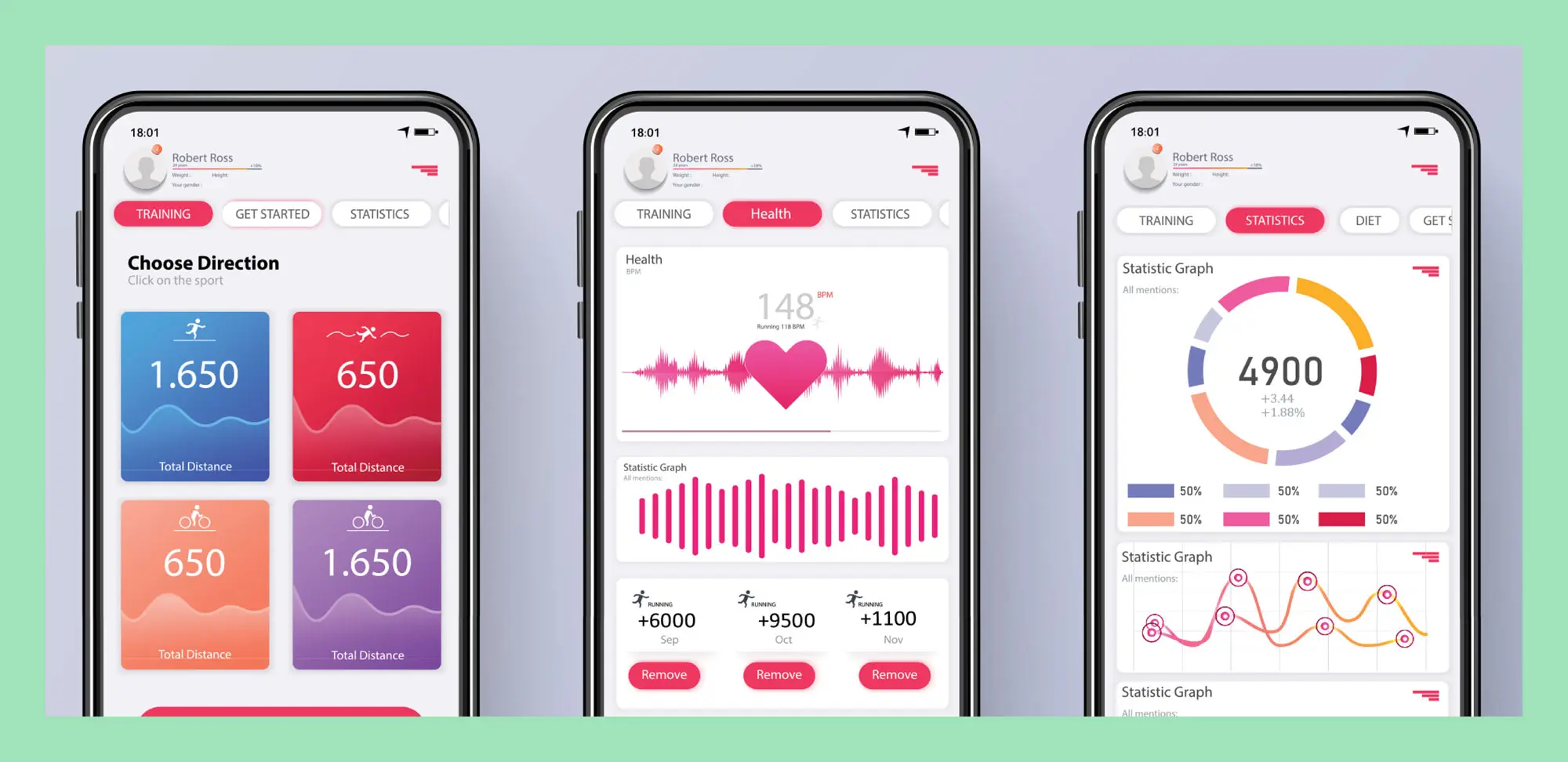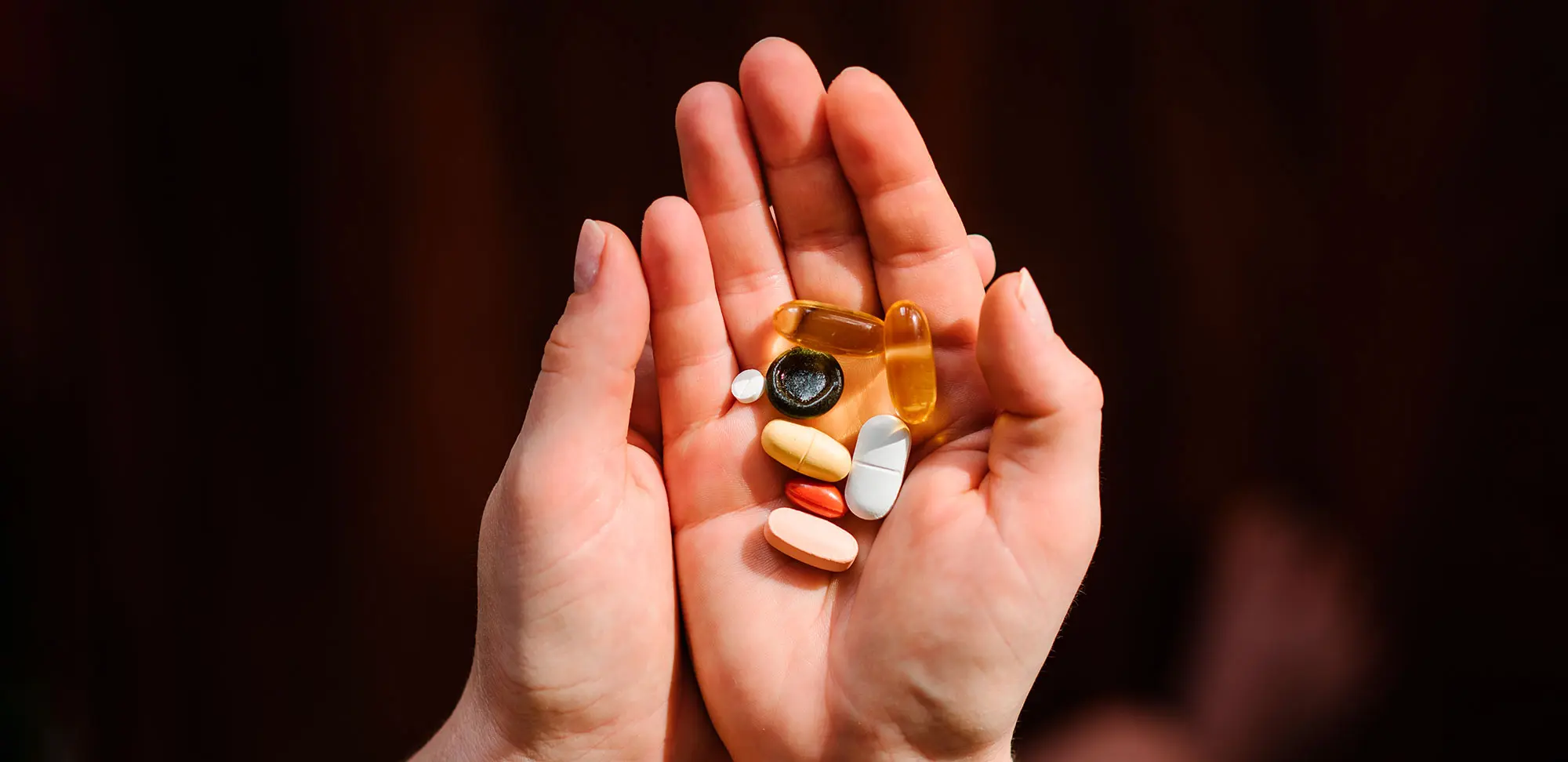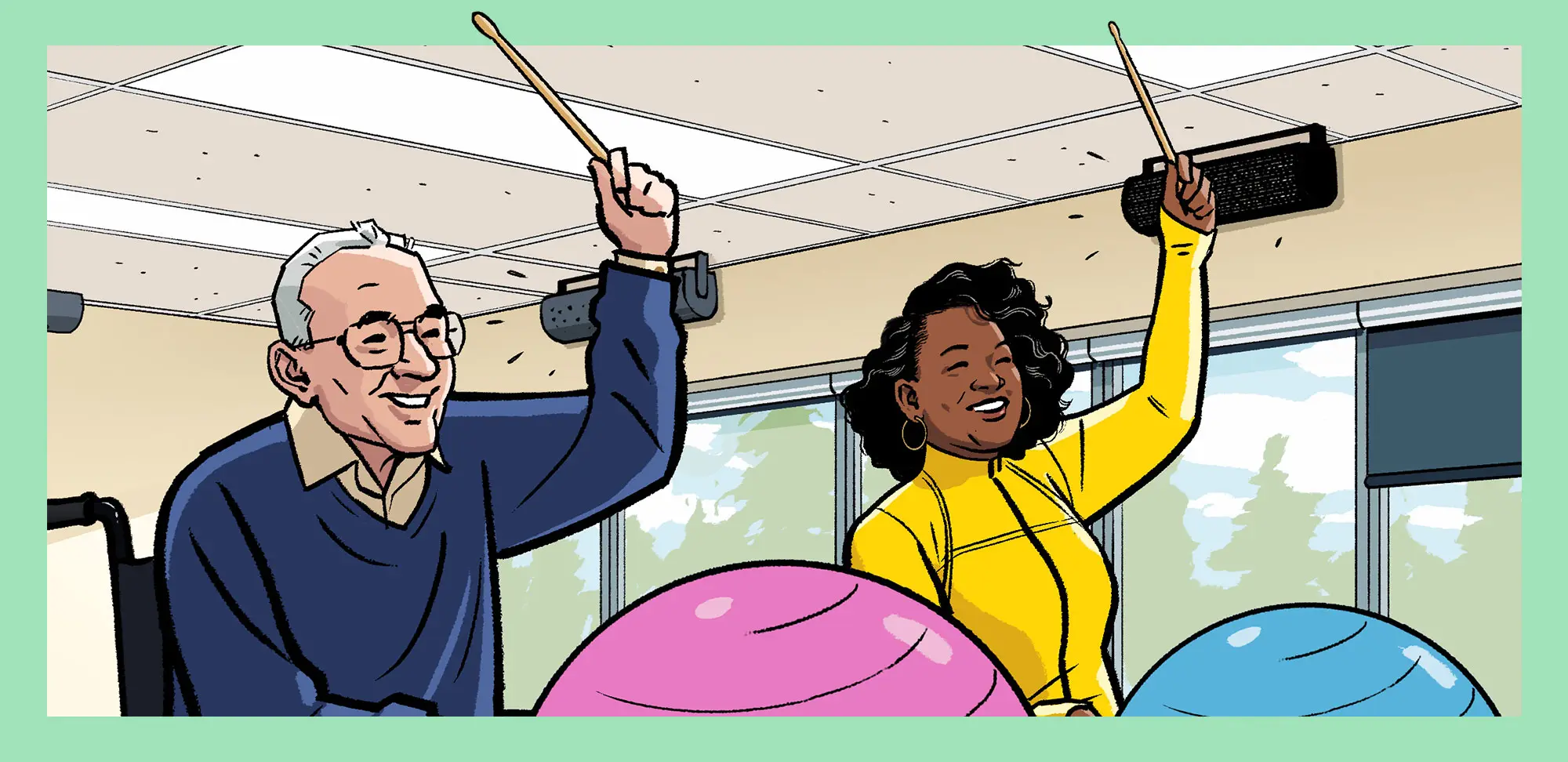A recent study found that people who drink coffee, even if they add sugar, have a reduced risk of death from heart disease or cancer.
Previous studies have linked moderate coffee consumption with boosted energy and mood and with lower rates of chronic disease and death. But this new research appears to be the first to find that adding sugar doesn’t eliminate the health benefits of coffee.
The study, published in the Annals of Internal Medicine, included 171,616 participants recruited from the UK Biobank who completed at least one dietary questionnaire and didn’t have cancer or cardiovascular disease when they enrolled in the study. Of these, 55.4 per cent drank unsweetened coffee, 14.3 per cent added sugar to their coffee, 6.1 per cent added artificial sweetener, and 24.2 per cent did not drink coffee.
Researchers grouped the coffee drinkers based on the number of cups of coffee they drank per day.
Over about seven years, 3,177 participants died, including 1,725 from cancer and 628 from cardiovascular disease.
After controlling for lifestyle and other factors that might impact risk of death, the researchers found that coffee drinkers were significantly less likely to die from cardiovascular disease, cancer, or from any cause compared to those who didn’t drink coffee at all. This was true whether the coffee was ground, instant or decaffeinated.
The study showed a U-shaped relationship with coffee. That means drinking very little and a lot of coffee was less healthy than drinking some. Those who drank two to four cups of coffee a day had the most pronounced benefits; for them, death was about 30 per cent less likely during the seven-year study period than for non-coffee drinkers.
Importantly, this was true whether or not they added sugar to their java.
While this study didn’t find that adding sugar to coffee affected health benefits, other research has linked sugar consumption with negative health outcomes.
The bottom line: Drinking coffee, one of the most widely consumed beverages, likely has benefits that might counterbalance the negative impact of adding sugar. But research continues to better understand how coffee affects health.

Migraine sufferers feel stigmatized
More than 30 per cent of people who suffer migraines, even a few attacks a month, report being stigmatized. They feel their headaches are minimized or seen as an excuse to avoid family, work and social commitments.
The study, presented at the American Headache Society annual meeting, pooled data from almost 60,000 subjects who met criteria for migraine disorder and participated in web-based surveys in 2018, 2019 and 2020.
The surveys assessed the impact of migraines on work, home and social life and included two categories of migraine-related stigma reported by respondents: the degree to which others think a migraine is being used as an excuse — to avoid a commitment, for example — and the degree to which others minimize the impact of a migraine on the sufferer.
About 32 per cent of participants reported experiencing one or both migraine-related stigma categories often or very often. Almost half (47 per cent) of subjects with chronic headaches (15 or more headache days a month) felt stigma often or very often; however, even 25 per cent of participants with three or fewer headache days a month, who made up about 59 per cent of the sample, reported experiencing stigma.
Past research comparing levels of stigmatizing attitudes toward different diseases has shown that migraine sufferers are more stigmatized than people with anxiety, asthma and even epilepsy. One study that used machine learning to assess the number of negative terms surrounding various diseases showed migraine disorder was right up there with gonorrhea.
While the prevalence of migraine disorder decreases with age, a significant number of older people still experience them, many with accompanying hallmark symptoms of nausea and sensitivity to light and sound.
As with younger people, migraine triggers in older adults can include stress or anxiety, bright or flashing light, loud noises, sleep disturbances and alcohol consumption.
Treatments for seniors who suffer from migraines may include weight loss, physical activity and medications. However, certain drugs may be contraindicated in seniors who have diabetes, heart disease or other medical conditions.

A positive attitude pays off
Women who live a glass-half-full kind of life appear to live longer, a new study has found.
The study, carried out by researchers in the Department of Social and Behavioral Sciences at the Harvard T.H. Chan School of Public Health, was published in the Journal of the American Geriatrics Society.
Researchers analyzed data from almost 160,000 participants in the Women’s Health Initiative, which enrolled postmenopausal American women from 1993 to 1998 and followed them for up to 26 years.
Compared to the 40,000 least-optimistic subjects, the 40,000 most-optimistic women had an estimated 5.4 per cent longer lifespan. And they had a 10 per cent greater likelihood of living beyond 90 years.
The results applied across race and ethnic groups, even after controlling for chronic health conditions and depression.
Regular exercise, a healthy diet and other lifestyle habits did not fully explain the link. These factors accounted for only 24 per cent of the association between optimism and lifespan.










